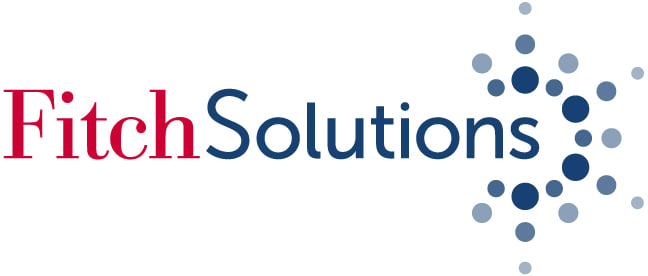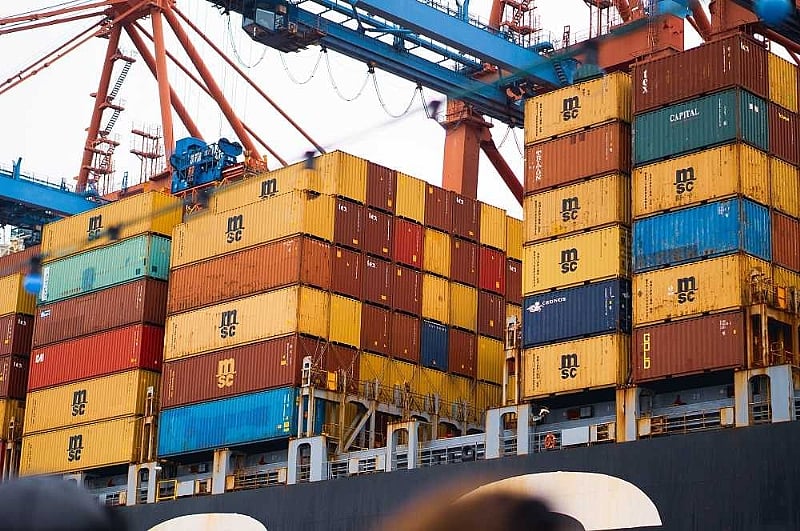As the United States ramps up one of the most significant protectionist trade shifts in decades, Ghana appears poised to emerge relatively unscathed. According to new research from Fitch Solutions, the country ranks among the least vulnerable Sub-Saharan economies in the face of sharply rising U.S. tariffs.
In a regional index assessing exposure to the new reciprocal trade measures introduced under President Donald Trump‘s second term, Ghana was placed 42nd out of 48 economies, suggesting a muted impact compared to regional peers. The nation is expected to face an effective tariff rate of 10%, a figure that pales in comparison to the burden looming over countries like the Democratic Republic of Congo and Somalia.
Despite its overall low vulnerability, Fitch highlighted that specific Ghanaian export sectors, notably cocoa, textiles, and select agricultural products, may encounter turbulence. These industries, which form the backbone of Ghana’s non-oil export economy, could see reduced competitiveness in U.S. markets if American importers pivot toward alternative sourcing to sidestep elevated costs.

“Ghana’s diversified export profile and limited reliance on U.S.-bound goods offer a buffer against direct fallout,” said Fitch analysts in the report. However, they cautioned that niche sectors might still experience demand headwinds.
While Ghana’s outlook remains relatively stable, the broader Sub-Saharan region faces renewed macroeconomic pressure, especially among oil-dependent economies. Brent crude has shed nearly 15% of its value since early April, exacerbating fiscal fragility across the continent.
Fitch pointed to Angola and Nigeria as particularly vulnerable. Both countries structured their 2025 budgets around oil benchmarks of $70–$75 per barrel levels that now appear increasingly unrealistic. The firm warned that if global oil prices continue their downward slide, these nations could encounter significant revenue shortfalls and currency pressure.
Since the beginning of 2025, the average U.S. tariff rate has surged from 2.5% to a staggering 27%, a peak not seen in over a hundred years. The Trump administration maintains that the aggressive hike is aimed at countering what it deems unfair foreign trade practices while repositioning the U.S. as a more self-reliant industrial powerhouse.
The new tariffs, which include both headline duties and sector-specific levies, have reshaped trade dynamics across emerging markets. Equatorial Guinea, notably, is expected to be the least impacted country in the region.
-thehighstreetjournal.com


